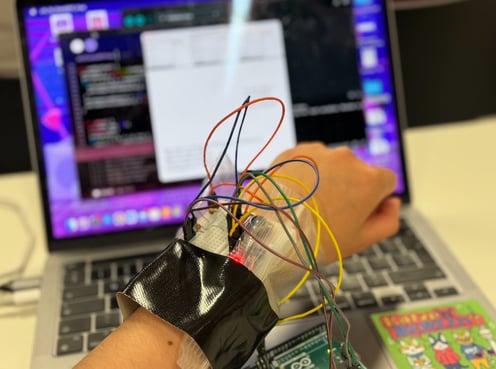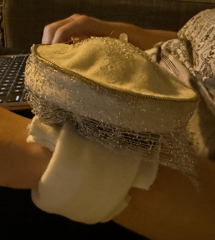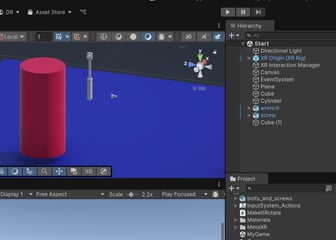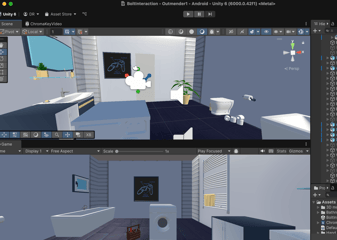Math, Data and computing
analyse. test. implement.


Theory has always been a part of my education, starting from high school. However, it wasn’t until studying at TU/e that I began to actively apply this theoretical knowledge in practice. Developing critical and logical thinking skills has been essential to building the technical capabilities needed to create high-fidelity, interactive, and tangible prototypes.
Throughout my studies, I have acquired a range of hard skills such as coding and working with electronic circuits. In the Designing Connected Experiences course, for example, the objective was to create an escape room composed of multiple wirelessly connected modules. Here, I learned how to implement a client-server model and use it to develop self-contained prototypes capable of delivering a seamless, wireless experience. In the Intelligent Interactive Products course, I explored machine learning by designing a bracelet capable of detecting and recognising different dance moves. In Making Sense of Sensors, I learned how to collect, analyse and clean sensor data. Hard skills were further applied and expanded in my Final Bachelor Project, where I developed a Virtual Reality game using Unity, handling both the coding and experience design aspects.
Beyond digital interaction, I also explored mechanical design in the Creative Mechanical Design course. There, I learned how to create a purely mechanical kinetic mechanism, applying physics principles and constraints to develop an engaging experience without relying on electronics or digital interfaces.
Altogether, these technical and theoretical skills enable me to build high-fidelity prototypes of smart products, ones that not only communicate my ideas clearly to stakeholders, but also deliver rich, immersive user experiences.









